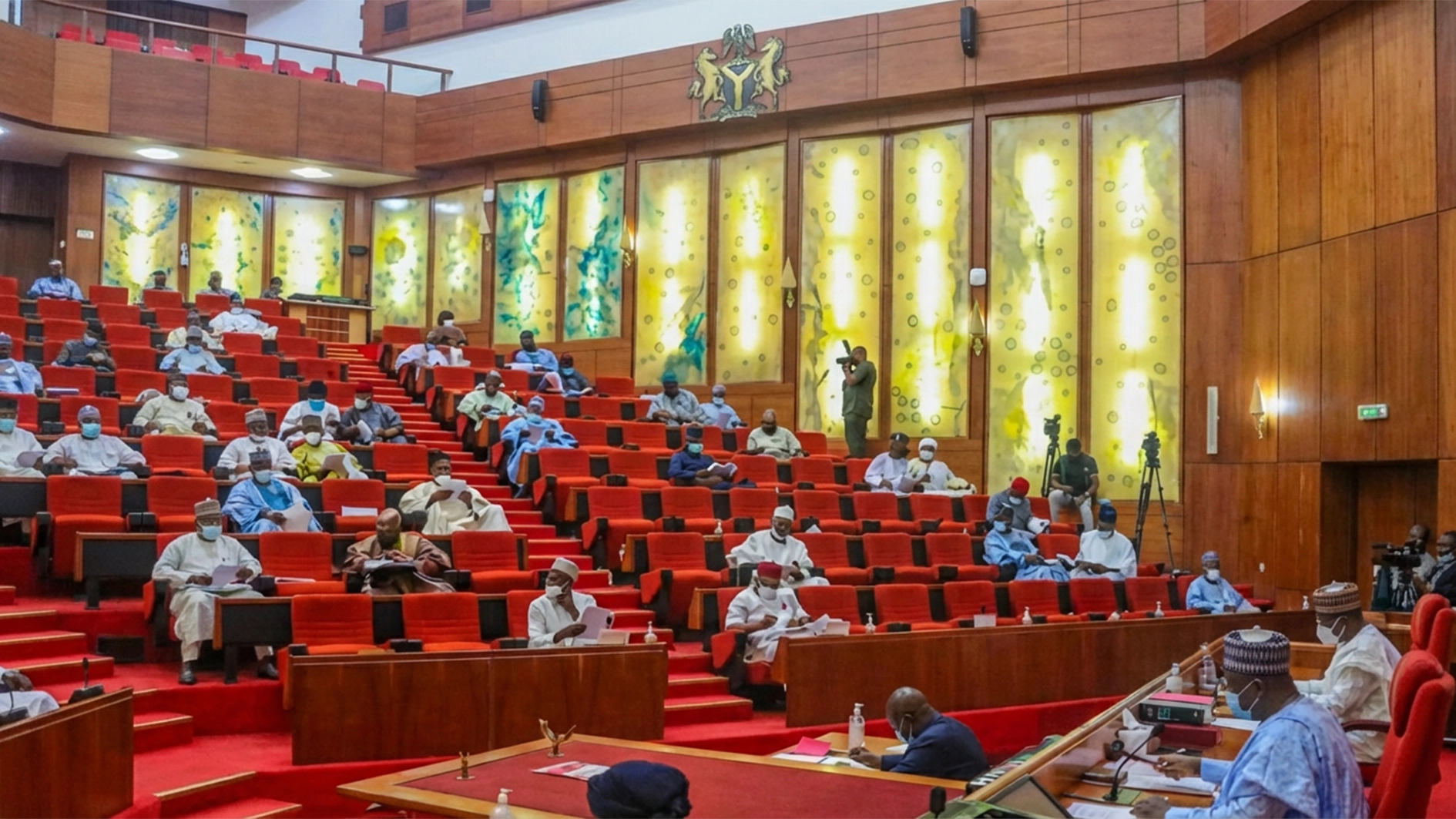Against a deepening housing deficit, now estimated at over 20 million units, alongside sprawling slums, congested ghettos, and an explosion of informal settlements, the recent advocacy by Dangote Cement for budget-friendly mass housing through public-private partnerships (PPPs) is highly instructive. Nigeria’s housing crisis is neither new nor accidental. It is the direct result of decades of policy neglect, leadership gaps, and a failure to sustain the momentum of visionary housing programmes of the past.
One name that still resonates in discussions about mass housing is that of the former Governor of Lagos State, Lateef Jakande, who demonstrated that with political will, careful planning, and disciplined execution, it was possible to deliver affordable housing at scale. His administration built tens of thousands of decent, low-cost homes in record time, many of which still stand today as testimony to what focused leadership can achieve.
Since then, no federal or state administration has matched Jakande’s pace, vision, or inclusiveness in mass housing delivery. The prevailing conditions of slums and ghettos are not merely aesthetic blemishes; they reflect a systemic failure to guarantee one of the most basic human needs: shelter.
Dangote has urged the government to work with private developers, manufacturers, non-profit organisations and communities to create large-scale affordable housing estates, supported by tax waivers, credits, and other incentives. The cement manufacturer argues, rightly, that affordable materials, efficient designs, and economies of scale can drive down the cost of housing, making ownership possible for millions currently priced out of the market.
Given the central role of cement in housing costs, such a commitment from the industry leader is significant. But goodwill and proposals are not enough. For too long, the high price of cement and other building materials has been left to market forces, with little meaningful policy intervention. Government must take deliberate steps to stabilise material costs, support domestic production, curb profiteering, and ensure that affordable housing schemes are insulated from the volatility that drives construction costs sky-high.
On the government side, Housing Minister Ahmed Musa Dangiwa’s announcement that over N70 billion in private capital has been mobilised for the Renewed Hope Housing Programme represents a shift toward crowding in private investment. The programme’s components, Renewed Hope Cities, Renewed Hope Estates, and Social Housing Estates are designed to cater to different income levels. There is also a plan for a state-by-state housing campaign, embedding reform champions in local agencies, hosting stakeholder roundtables, and aligning state and federal efforts.
However, Nigerians are entitled to ask: how can N70 billion be spent on “mobilisation” alone without a clear, transparent breakdown of the actual housing output expected? Mobilisation is not housing; it is merely preparation. The danger is that such funds could be dissipated in conferences, consultancies, and ceremonial ground-breakings, while the housing deficit continues to rise.
Meanwhile, rents in Nigeria’s major cities have become punitive, with many households spending over 50 per cent of their income just to keep a roof over their heads. This is a direct outcome of insufficient housing supply, speculative property development, and the absence of reliable mortgage systems. In most advanced economies, mortgages spread payments over decades, making home ownership attainable for the working class. In Nigeria, mortgage products are scarce, expensive, and riddled with bureaucratic barriers. Without a reliable, affordable mortgage system, home ownership will remain a distant dream for the majority.
What Nigeria lacks is not ideas, but leadership and continuity. The Jakande model worked because it was underpinned by political will, a clear target, and ruthless efficiency. Land was acquired and serviced, costs were controlled, units were built to modest but acceptable standards, and beneficiaries were drawn from the working class, not political elites. The contrast with subsequent efforts could not be starker. Too many “housing schemes” have become conduits for patronage, with allocations going to the well-connected, and prices far exceeding the means of ordinary citizens.
To translate current announcements into real change, several policy steps are urgent: First, stem the rising cost of building materials. The government must introduce targeted incentives for local manufacturers, reduce energy costs for production, and, where necessary, regulate pricing in the public interest. Imports of critical inputs should attract minimal duties, while speculative hoarding should be penalised.
Second, guarantee affordable mortgage financing. The Federal Mortgage Bank of Nigeria must be overhauled to provide genuinely affordable loans, with interest rates in single digits and repayment terms stretching 15–30 years. Mortgage access should be inclusive of informal sector workers, who make up a significant portion of the economy.
Third, ensure transparency in PPPs. Public-Private housing projects must have clear cost structures, public beneficiary lists, and independent monitoring to prevent elite capture and corruption.
Fourth, integrate housing with infrastructure. Estates must be connected to transport, water, electricity, schools, and healthcare, or they will become under-occupied monuments to poor planning.
Five, balance urban and rural housing, while urban housing needs are acute, neglecting rural areas only accelerates migration and worsens urban overcrowding. Rural housing schemes, tied to agro-industrial development, should form part of the national strategy.
Six, address climate resilience. With flooding and heat extremes on the rise, housing designs must incorporate climate-resilient features, especially for low-income communities most at risk.
Dangote Cement’s proposal and the government’s N70 billion mobilisation reflect a convergence of interests, an acknowledgement that neither the public nor private sector can solve this problem alone. But both must go beyond announcements to measurable delivery. Nigerians are weary of ribbon-cuttings for pilot projects that never scale, of estates completed but priced out of reach, of housing allocations swallowed by bureaucracy and political favouritism.
Housing is not a luxury; it is a fundamental pillar of social stability and economic growth. Secure, affordable housing reduces poverty, improves public health, enhances educational outcomes, and fosters community cohesion. Every naira spent on housing is an investment in national stability. It is therefore unacceptable that after decades of oil wealth, Nigeria’s urban poor are still trapped in slums and ghettos, while its working class is crushed by rents.
The test of both Dangote’s advocacy and the Federal Government’s Renewed Hope Housing Programme will not be in the size of the funds mobilised or the eloquence of the speeches made, but in the number of affordable, well-built homes delivered and occupied by Nigerians who need them most. The Jakande model proved that this is possible. What is lacking today is not the technical know-how, nor the financial capacity, but the leadership and discipline to replicate and scale that success. Only when these characteristics become available will mass housing in Nigeria cease to be an aspirational slogan and become a lived reality for citizens.






